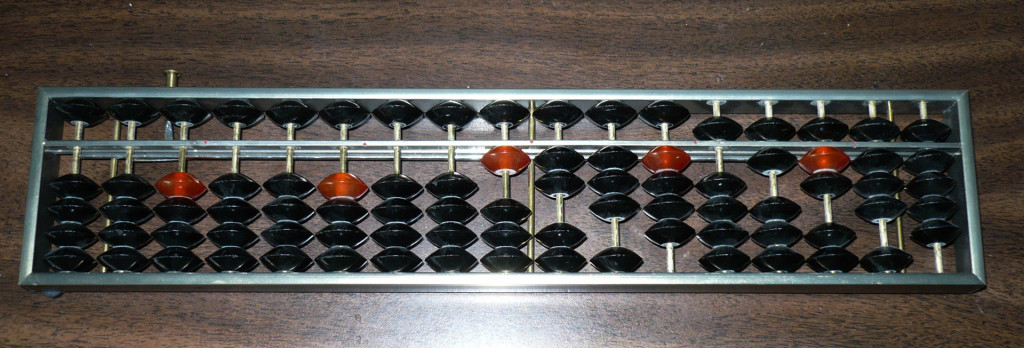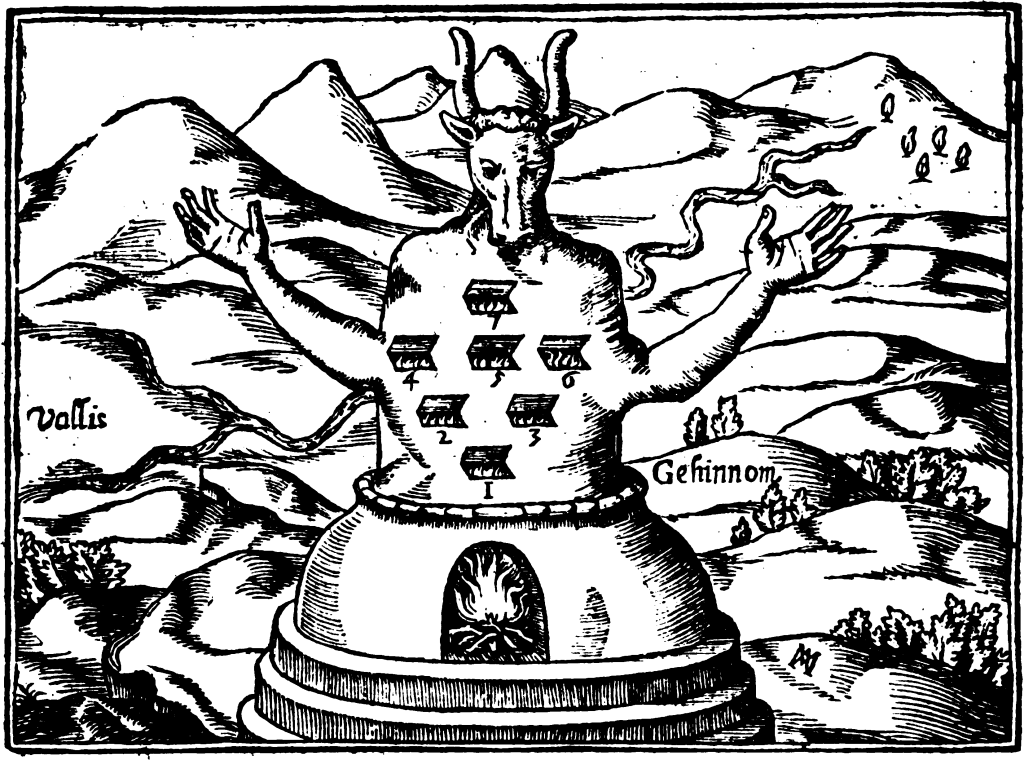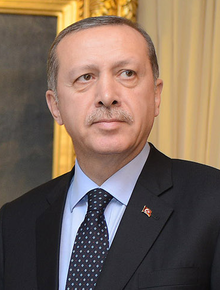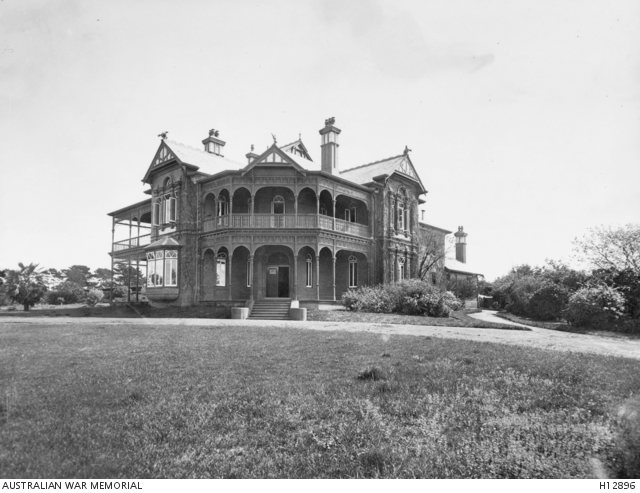[Links checked 14 November 2017 and none were found to be broken. Honest History may be able to help users track down resources where they find a link is broken. Please contact admin@honesthistory.net.au. HH]
Update 7 July 2015: Minister still misleads Parliament despite our best efforts to set him straight; Minister keeps busy with dual commemorations; Monash centre at Villers-Bretonneux; Turkish President reads patriotic poetry; National Archives digitises repatriation records
Minister misleads
[This saga was eventually resolved with a correction from the Department but we have left the sorry story in place. The Hansard was eventually righted but the Minister’s media release remains as a record in perpetuity. HH]
Update 6.00 pm, 7 July 2015
The Hansard office has advised that, following an approach from the Minister’s office, the error has been corrected. The text now reads ‘less than 1 per cent’. The system works – eventually.
Dedicated readers will have followed the saga of the misplaced decimal point in Minister Ronaldson’s report to the Senate on the progress of the Anzac centenary commemorations. Our earlier pieces were on 19 May, 21 May and 9 June (scroll down).
The matter at issue is what proportion of the overall annual expenditure of the Veterans’ Affairs portfolio is going towards the commemoration of the Anzac centenary and the century of service. The driver is the portfolio’s desperation to show that its spending on commemoration is but a skerrick* in a large bucket while, at the same time, it is big enough to support what the Minister repeatedly calls ‘the most significant period of commemoration in our nation’s history’.
We are puzzled and perplexed to report that, nearly eight weeks after the original error was made and with the Hansard (record of debates) now in its permanent form, the relevant figure is still wrong. This is how the final Hansard (page 3051) [But see update above] renders the Minister’s statement of 13 May, as incorporated in Hansard by his ministerial colleague, Senator Payne:
Annually, government spending on commemoration represents less than 0.1 per cent of the entire $12 billion Department of Veterans’ Affairs’ budget for pensions, compensation and health care treatment for veterans and their families (emphasis added).
Instead of ‘less than 0.1 per cent’ the figure should be ‘less than 1.0 per cent’ and the Minister, or at least his office and his department, knows this. The Minister is in the position, therefore, of misleading the Senate (and, consequently, of misleading anyone who reads the Hansard, ever).
 Positional decimal system on Chinese abacus (Wikimedia Commons)
Positional decimal system on Chinese abacus (Wikimedia Commons)
How the words read now is how they read when the Minister put out his statement as a media release. It is how the words read in the Proof Hansard, which was available a couple of days after the statement but which is no longer accessible online.
When Honest History read the words in the media release and the Proof Hansard, we realised there was an error. We pointed out the error to the Minister’s office and the Department of Veterans’ Affairs by email sent on 19 May and headed ‘Possible error in ministerial statement’. We spoke to the Minister’s office on 20 or 21 May and were assured that the error had been discussed with the department and would be corrected in the final Hansard. The correct figure, we were told by the Minister’s office, was in the order of 0.73 per cent, or about $88 million.
We then checked with the Hansard office as to when the final Official Hansard would be available. We were told ‘a couple of weeks’. When there was still no final version after more than a month we checked again with the Hansard office and were told ’15 non-sitting days’. During this second conversation, we described the error to the officer we spoke to, who said the error was news to him. He said he would check whether a correction was under way but he did not get back to us. This conversation was around 23 June.
The final Hansard came out early in July with the content as described above. We double-checked this week with the Hansard office as to the corrections process. A document incorporated in Hansard, as Minister Ronaldson’s statement was, can be corrected between the proof and final Hansard, in the same way as the recorded remarks of a speaker can be corrected, but it is up to the Senator (or, in this case, the Minister) to ensure that this happens. Otherwise, the error remains.
As noted above, it is clear that the correct figure is known to the Veterans’ Affairs portfolio. It has been used in the Minister’s speeches of 28 May to the NSW RSL State Congress (‘less than one per cent’) and of 20 June to the Queensland RSL State Congress (‘about less than 1 per cent’). On 2 June before the relevant Senate Estimates Committee, in response to Senator Whish-Wilson (Greens, Tas.), a DVA official supplied the figure $88 million, calling it ‘a tiny percentage’ of overall spending. Senator Whish-Wilson said ‘that is 0.7 per cent’, without anyone demurring, and then drove the point home: ‘I am not being picky but it is a pretty substantial difference, so you might want to correct the record on that’. (This reference is here under the sub-heading ‘It figures’. For the record, too, 0.1 per cent of $12 billion is just $12 million, a sufficiently tiny amount to pacify anyone who reads it in future years in the uncorrected Hansard.)
In one sense, it doesn’t matter much where the decimal point sits, since, as we pointed out on 9 June (scroll down to ‘A matter of discretion’), representing a bucket of discretionary spending (spending on the Anzac centenary and the century of service) as a proportion – any proportion – of a mostly non-discretionary overall spend is both meretricious and misleading. On the other hand, given what seems to be DVA’s inability on this occasion to transmit a simple correction through channels, we wonder at the efficiency of its procedures.
As always, Honest History will reproduce unedited any response the Minister or his portfolio cares to provide. Meanwhile, the portfolio’s communication systems, like its arithmetic, need an overhaul.
 A communications option (Wikipedia)
A communications option (Wikipedia)
* ‘Skerrick’: a north of England and Scots dialect word meaning a small fragment or small amount. Current around the time of Gallipoli.
Minister keeps busy
In the month since our last report the Minister has announced tributes to servicemen who participated in the Borneo campaign in World War II, the awarding of the French Legion of Honour to Australians from World War II, funding for Victory in the Pacific commemorations (World War II again), commemoration of 65 years since the start of the Korean War, repatriation of some Australian remains from Vietnam, some new appointments to the Veterans and Veterans Families Counselling Service Advisory Committee, and a search for an official historian for the Timor, Iraq and Afghanistan commitments.
So, just in case anyone thought things were going to slacken off a bit after the centenary of the invasion of the Ottoman Empire on 25 April, a lot of anniversaries fall round about now and we have a lot of wars to keep up with. Remember that we are commemorating a century of service as well as the Anzac centenary.
I was asked the other day [the Minister said on 30 June], what’s the most important part about the centenary period, and I said the most important part is: It’s not about events that occurred on April 25 100 years ago. This is an opportunity for this nation to commemorate the service and sacrifice of those in all theatres of war, all peace-keeping operations over the last 100 years.
On the Great War front, however, there was still the declaration of the Desert Mounted Corps memorial in Albany as a military memorial of national significance, promotion of the Spirit of Anzac Experience (travelling show of exhibits from the Australian War Memorial) in three regional cities, and logistics for the Lone Pine commemoration in August. World War I commemoration has a way to go yet.
Some of the Minister’s recent statements deserve special note. Speaking at the opening of a memorial park in Cheltenham, Victoria, on 30 June, the Minister said:
[W]e’ve got to make sure that our children understand that the 102,700 names in the cloisters of the Australian War Memorial had given their own blood to enable us to live our lives in relative freedom today …
[T]his has come at an enormous price and they [our children] will be carrying the torch of remembrance well after many of us who are here today are gone … It’s a community obligation to ensure that our children understand.
When you see the threats, again, against our way of life that we’ve seen exhibited last Friday night [terrorist attacks in Tunisia, Kuwait and France], we understand that we must teach our kids that these freedoms are incredibly important and they must stand and defend them as well as others have before us (emphasis added).
Earlier in the month, the Minister had told the Queensland RSL:
We must also do whatever we can to ensure that the future generations of young Australians understand as well what that service and sacrifice [of our veterans] is for them in a personal sense. The freedoms that we enjoy today have come at a huge price. It is incumbent on you and I to ensure that our kids understand, the next generation of young Australians understand, what their responsibilities are as well as what their rights are, because, without responsibility, there are no rights and that’s been an important part of the Centenary of Anzac and Century of Service commemorations …
[The next four years] is an opportunity that you and I, quite frankly, must ensure that we maximise with another generation of young Australians who understand. I think we can be rest assured [sic] that they will reward us accordingly (emphasis added).
 Moloch (Wikimedia Commons/Athanasius Kircher, 1652)
Moloch (Wikimedia Commons/Athanasius Kircher, 1652)
The Minister has made many speeches (for example, here and here) about the ‘obligations’ of children to carry forward the ‘torch of remembrance’ and the need for them to understand their freedom was paid for in blood. The speeches at Cheltenham and to the Queensland RSL, however, make some connections clearer. They go a long way to answering the question Honest History posed two months ago: once children start carrying the torch, once they understand the concept of blood sacrifice, what are they expected to do next?
The chain that comes clanking out of these ministerial speeches – the action agenda – has these links:
- Children must understand the concept of blood sacrifice.
- Children must carry the torch of remembrance of this sacrifice.
- Children must be prepared to defend freedoms, as was done by those who are being remembered.
- This will ensure the necessary blood sacrifice by future generations.
- This will be an appropriate reward for the current generation’s advocacy of blood sacrifice (though this generation has, for the most part, not had to make such a sacrifice itself).
This is as close to an offering to Moloch** as we are likely to get in Australia 2015.
** Moloch (various spellings): the cult of Moloch advocated the sacrifice of children.
Monash centre at Villers-Bretonneux
David Stephens examines the Department of Veterans’ Affairs submission to the Public Works Committee inquiry on the project to build the Sir John Monash Interpretive Centre.
The expensive work at Villers-Bretonneux [the author concludes] is symbolic of a new direction in Australian commemoration, away from the scrubby cliffs of Gallipoli and towards the mud and blood of France. It remains to be seen whether sharpening our focus on past “victories” makes us more willing to take a punt on possible future ones.
Poetic President
 President Erdogan (Wikipedia)
President Erdogan (Wikipedia)
Recep Tayyip Erdogan has been re-elected as president of Turkey. Before that happened he ventured into poetry reading during an official Turkish Government advertisement. The advertisement had many Muslim themes – reflecting the efforts of the Erdogan government to present the Dardanelles campaign as an Islamist cause – and included President Erdogan reciting ‘Dua’ (‘Prayer’), a poem by Turkish nationalist poet, Arif Nihat Asya. The president was also shown praying at an Ottoman grave at Gallipoli.
The founder of modern Turkey, Ataturk, made but a cameo experience in the video which concluded with this epitaph: ‘A centennial epic. We remember our martyrs and veterans on the 100th anniversary of the Çanakkale Victory.’ Supporters of Erdogan felt the video was an appropriate tribute to Ottoman soldiers of a century ago while critics saw ‘exploitation of history, religion and emotions’, personal promotion for Erdogan and overshadowing of Ataturk. (A related piece from 2014.)
Repat records
Some of the Anzac centenary money is being really well spent. There is $3.4 million going to the description and digitisation of 5000 repatriation records, which show that war is about a lot more than tales of men in khaki daring and dying heroically. (More information.)
There are 600 000 World War I repatriation records. Put another way, nearly ten times as many people applied for a pension or benefit after the Great War as died in it. This reflected the numbers who enlisted (417 000) plus a good proportion of their dependents.
The first stage of this work digitises records of the men and women who left Australia from Albany in November 1914 in the first convoy and who returned home. The first 2300 records are already online. Meanwhile, the Monash University 100 Stories project is an indication of what can be done with these records.
 Bundoora Park, Victoria, c. 1920s. The main building acquired by the Repatriation Commission on land to be used as a convalescent farm. It was later used for the care and treatment of mental patients. (Australian War Memorial H12896)
Bundoora Park, Victoria, c. 1920s. The main building acquired by the Repatriation Commission on land to be used as a convalescent farm. It was later used for the care and treatment of mental patients. (Australian War Memorial H12896)
Earlier material
June 2015
May 2015
April 2015
March 2015
February 2015
December 2014-January 2015
September-November 2014
July-August 2014
May-June 2014
April 2014
March 2014
February 2014
Background (updated to end January 2014)
United Kingdom (to 8 August 2014: for later material see main posts above)